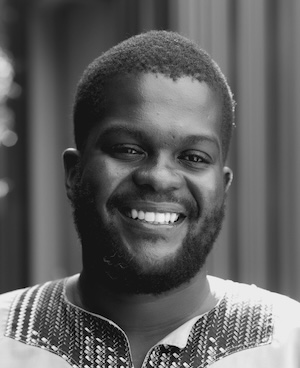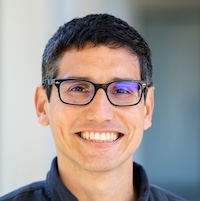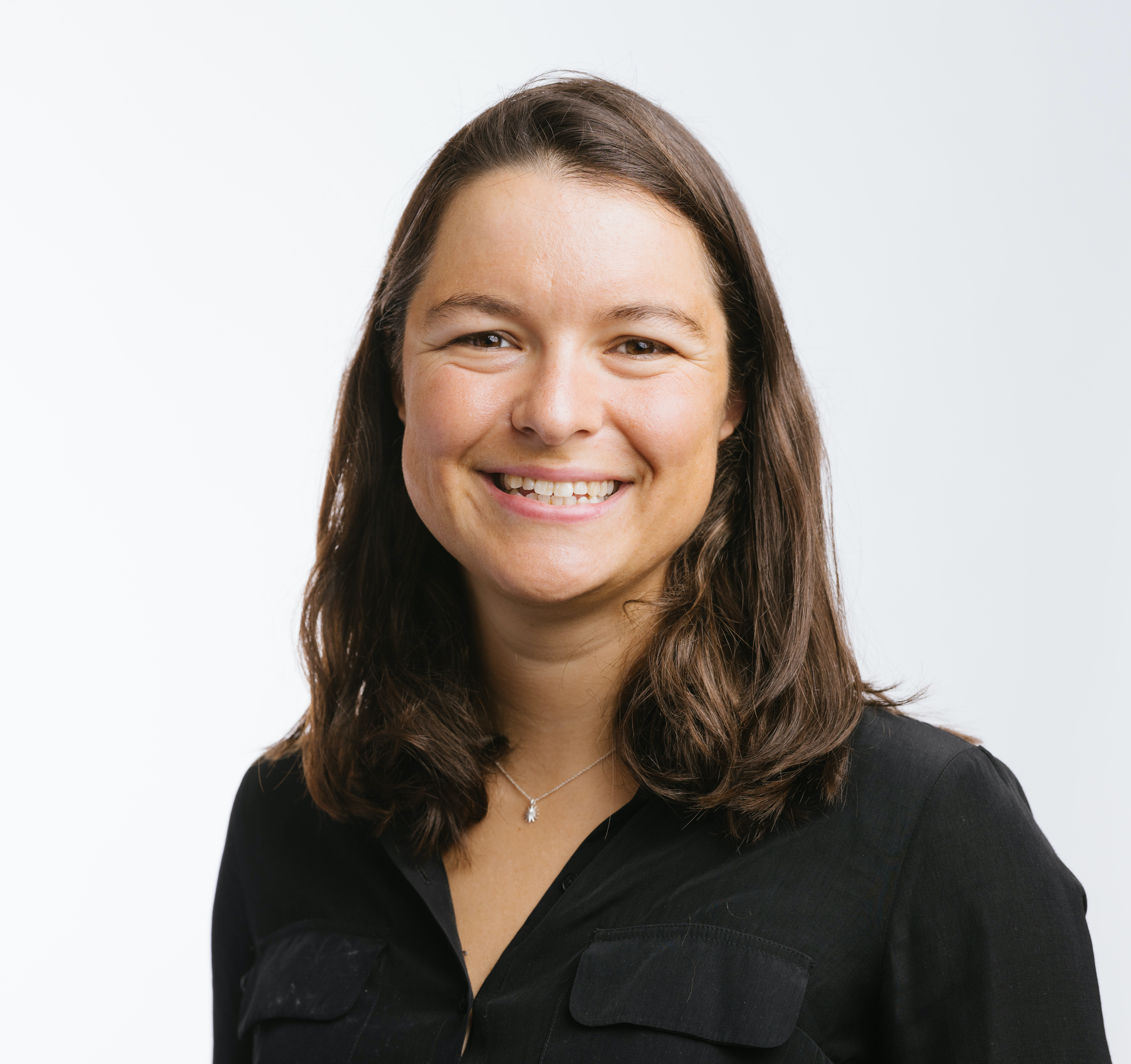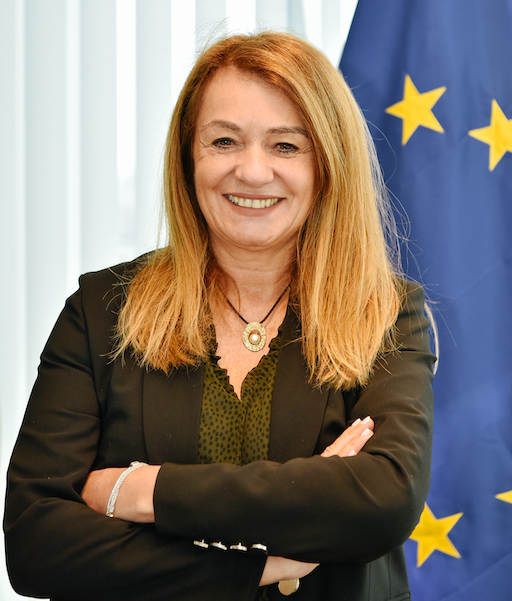Invited Talks
Unapologetically Open Science -- the complexity and challenges of making openness win!
In the past 5 years, AI has been trending towards becoming a closed and propreitary field -- undoing hard work from the previous decade. This is alarming for scientific progress. The reasons for this trend are complex, and so are the solutions -- ranging from energy and resources to capital pressure to geopolitics to breaking previous societal mechanics around intellectual property. I will give an opinionated view of how to get us as a field to a better place.
Speaker

Soumith Chintala
Soumith Chintala is a Scientist-Engineer focused on AI and Robotics, leading influential AI work such as PyTorch, DCGAN and Torch-7; work which is used by several top institutions including NASA, Meta, Google, Tesla, Microsoft, Disney, Genentech, and numerous other Fortune-500 companies and in the curriculum of top-ranked universities such as Stanford, Harvard, Oxford and MIT. He currently leads PyTorch and other AI projects at Meta, is a Visiting Professor at New York University, and maintains advisory roles at various institutions.
The effects of digital technology on youth development in low-and-middle-income countries
Most youth grow up in low- and middle-income countries (LMICs) in an increasingly digitized context but with unequal digital media access, skill, and opportunity. In these settings, limited resources to effectively scaffold digital media use constrain youth thriving. As a result, globally, adolescents facing offline disadvantages often find themselves further marginalized in the digital realm. In this talk, I will review the current knowledge on the interaction between digital media and adolescent development, highlight crucial evidence gaps in LMICs, and propose and future directions to address these pressing issues.
Speaker

Lucía Magis-Weinberg
Lucía Magis-Weinberg, MD, PhD, is an Assistant Professor in Psychology at the University of Washington. She leads the interACTlab (International Adolescent Connection and Technology Laboratory), focusing on studying how social media impacts adolescent development and mental health. Her lab also designs and evaluates school interventions to promote healthy digital habits. Her work has mostly focused on underserved adolescents in global settings, particularly in Latin America, and is currently funded by the National Institute of Mental Health.
Dr. Magis-Weinberg received her MD from the National Autonomous University of México, her MSc in Cognitive Neuroscience and PhD in Experimental Psychology (Developmental) from University College London. Before joining the University of Washington, she conducted research at the Institute of Human Development at University of California, Berkeley, as a postdoctoral scholar.
As a longstanding member of the Society for Research in Adolescence’s International Committee, Dr. Magis-Weinberg advocates for inclusive, global research on adolescent development. Committed to science communication, outreach and impact, she is Executive Editor of Neuromexico.org a leading science communication platform for Latin America. Dr. Magis-Weinberg is a member of the American Psychological Association Expert Advisory Panel on Social Media Use in Adolescence.
Gondzo - Charting a Path for African Low-Resource Languages: A Multifaceted Approach to Research and Development
Speaker

Vukosi Marivate
Prof Vukosi Marivate is an Associate Professor of Computer Science and holds the ABSA UP Chair of Data Science at the University of Pretoria. He specialises in developing Machine Learning (ML) and Artificial Intelligence (AI) methods to extract insights from data, with a particular focus on the intersection of ML/AI and Natural Language Processing (NLP). His research is dedicated to improving the methods, tools and availability of data for local or low-resource languages. As the leader of the [Data Science for Social Impact research group](https://dsfsi.github.io/) in the Computer Science department, Vukosi is interested in using data science to solve social challenges. He has worked on projects related to science, energy, public safety, and utilities, among others. Prof Marivate is a co-founder of [Lelapa AI](https://lelapa.ai/), an African startup focused on AI for Africans by Africans. Vukosi is co-founder and advisor to [Masakhane Research Foundation](https://www.masakhane.io/), which aims to develop NLP technologies for African languages. Vukosi is also a co-founder of the [Deep Learning Indaba](https://deeplearningindaba.com/), the leading grassroots Machine Learning and Artificial Intelligence conference on the African continent that aims to empower and support African researchers and practitioners in the field.
Machine Learning Opportunities for the Next Generation of Particle Physics
At the CERN Large Hadron Collider, protons collide 40 million times per second at the highest energies achievable in the lab, probing the microscopic nature of subatomic particles on the smallest length scales. These proton-proton collisions give rise to thousands of particles per collision, whose energy deposits and hits are measured by massive detectors and read out as hundreds of millions of data channels. By comparing this data to those predicted by theory through simulation, we can test the validity of our theory and search for the existence of new particles, like dark matter, or interactions, like the elusive Higgs boson self-interaction. This avalanche of data will continue to grow in the next generation of experiments, posing tremendous challenges. Machine learning (ML) methods are increasingly essential to analyze this data while overcoming these challenges. In this talk, I will cover several opportunities to apply ML to reconstruct particles from detector measurements, simulate collisions, filter collisions in real time, and perhaps even discover new physical laws or symmetries.
Bio: Javier Duarte is an Associate Professor of Physics at UC San Diego and a member of the CMS experiment at the CERN Large Hadron Collider. He leads a research group developing new artificial intelligence (AI) techniques for high-energy particle collisions to better measure the properties and interactions of elementary particles, like the Higgs boson, and search for new physics. Before joining UC San Diego, he was a Lederman postdoctoral fellow at Fermilab and received his Ph.D. in Physics at Caltech and his B.S. in Physics and Mathematics at MIT. Prof. Duarte has received the APS Henry Primakoff Award for Early-Career Particle Physics, Sloan Research Fellowship, RCSA Cottrell Scholar Award, DOE Early Career Award, and is a co-PI of the NSF HDR Institute for Accelerated AI Algorithms for Data-Driven Discovery (A3D3).
Speaker

Javier Duarte
Javier Duarte is an Associate Professor of Physics at UC San Diego and a member of the CMS experiment at the CERN Large Hadron Collider. He leads a research group developing new artificial intelligence (AI) techniques for high-energy particle collisions to better measure the properties and interactions of elementary particles, like the Higgs boson, and search for new physics. Before joining UC San Diego, he was a Lederman postdoctoral fellow at Fermilab and received his Ph.D. in Physics at Caltech and his B.S. in Physics and Mathematics at MIT. Prof. Duarte has received the APS Henry Primakoff Award for Early-Career Particle Physics, Sloan Research Fellowship, RCSA Cottrell Scholar Award, DOE Early Career Award, and is a co-PI of the NSF HDR Institute for Accelerated AI Algorithms for Data-Driven Discovery (A3D3).
"What robots have taught me about machine learning"
Speaker

Chelsea Finn
Chelsea Finn is an Assistant Professor in Computer Science and Electrical Engineering at Stanford University. Finn's research interests lie in the capability of robots and other agents to develop broadly intelligent behavior through learning and interaction. To this end, her work has included deep learning algorithms for concurrently learning visual perception and control in robotic manipulation skills, inverse reinforcement methods for learning reward functions underlying behavior, and meta-learning algorithms that can enable fast, few-shot adaptation in both visual perception and deep reinforcement learning. Finn received her Bachelor's degree in Electrical Engineering and Computer Science at MIT and her PhD in Computer Science at UC Berkeley. Her research has been recognized through the ACM doctoral dissertation award, the Microsoft Research Faculty Fellowship, the C.V. Ramamoorthy Distinguished Research Award, and the MIT Technology Review 35 under 35 Award, and her work has been covered by various media outlets, including the New York Times, Wired, and Bloomberg. Throughout her career, she has sought to increase the representation of underrepresented minorities within CS and AI by developing an AI outreach camp at Berkeley for underprivileged high school students, a mentoring program for underrepresented undergraduates across four universities, and leading efforts within the WiML and Berkeley WiCSE communities of women researchers.
Lucilla Sioli
The EU aims to ensure that AI is safe and trustworthy. For this purpose, the AI Act is the first-ever comprehensive legal framework on AI worldwide, guaranteeing the health, safety and fundamental rights of people, and providing legal certainty to businesses across the 27 Member States. The European Commission established the AI Office in June 2024 to support the EU’s approach to AI. It will play a key role in implementing the AI Act by supporting the governance bodies in Member States in their tasks. It also ensures a strategic European approach on AI at the international level.
The AI Office will enforce the rules for general-purpose AI models. At the same time, the AI Office promotes an innovative ecosystem of trustworthy AI, to reap the societal and economic benefits of AI in many sectors, with AI Factories relying on world-class supercomputers. to To make support startups and SMEs in developing trustworthy AI that complies with EU values and rules The Commission launched an AI innovation package . Both the ‘GenAI4EU' initiative and the AI office were part of this package. Together they will contribute to the development of novel use cases. Application areas include robotics, health, biotech, manufacturing, mobility, climate and virtual worlds.
Speaker

Lucilla Sioli
Ms Lucilla Sioli is the Director of the "EU AI Office" within Directorate-General CONNECT at the European Commission. She is responsible for the coordination of the European AI strategy, including the implementation of the AI Act and international collaboration in trustworthy AI and AI for good. The directorate is also responsible for R&D&I activities in AI and for the implementation of the AI Innovation Package. Lucilla holds a PhD in economics from the University of Southampton (UK) and one from the Catholic University of Milan (Italy) and has been a civil servant with the European Commission since 1997.
No Events Found
Try adjusting your search terms
Successful Page Load